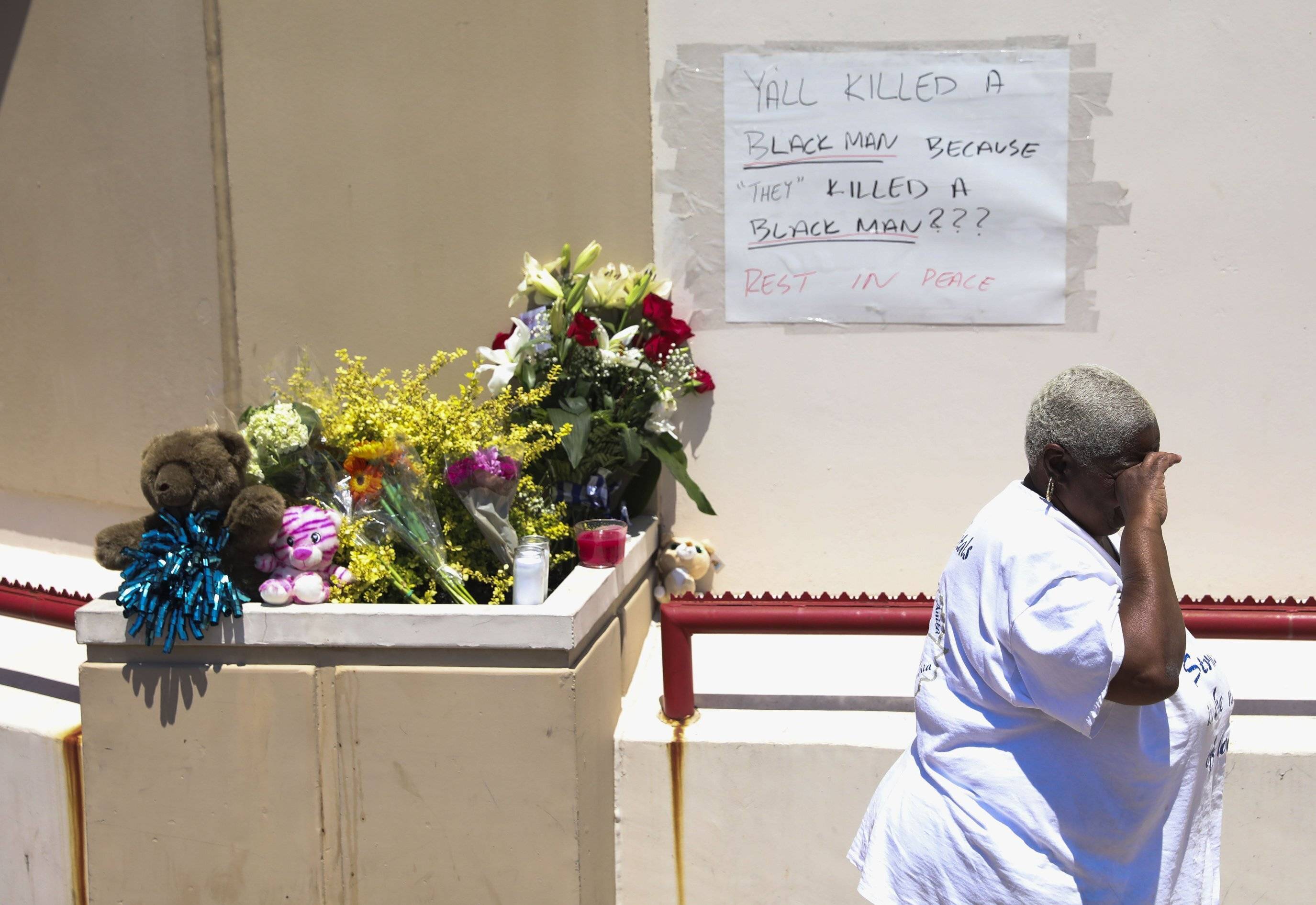In late May and June, following the brutal death of George Floyd under the knee of a police officer in Minneapolis, mass protests against systemic racism took place across the United States and around the world. Floyd’s death followed many previous police killings of unarmed African-Americans who were not behaving violently. Most protests were peaceful, but some turned into riots with widespread looting and vandalism. But while protesting against police brutality and racism is surely legitimate, can riots also be defended?
The most thoughtful philosophical defense of rioting is by Avia Pasternak of University College London. Pasternak defines a riot as “a public disorder in which a large group of actors, acting spontaneously and without formal organization, engages in acts of lawlessness and open confrontation with law enforcement agencies.” She adds that rioters typically cause damage to public and private property, as well as harming people, often in the course of clashes with police. Pasternak wrote before Floyd’s death, but her article provides a framework for assessing what took place after it.



















With your current subscription plan you can comment on stories. However, before writing your first comment, please create a display name in the Profile section of your subscriber account page.